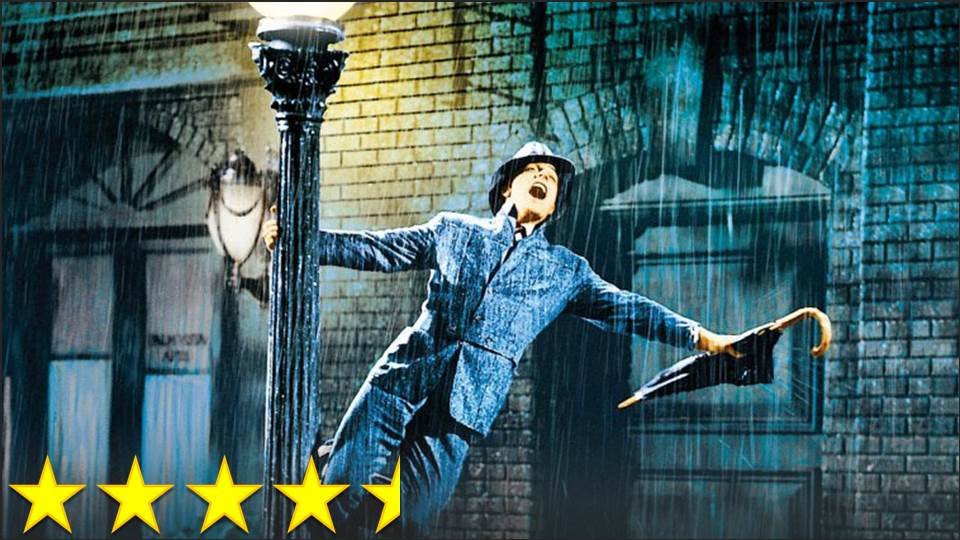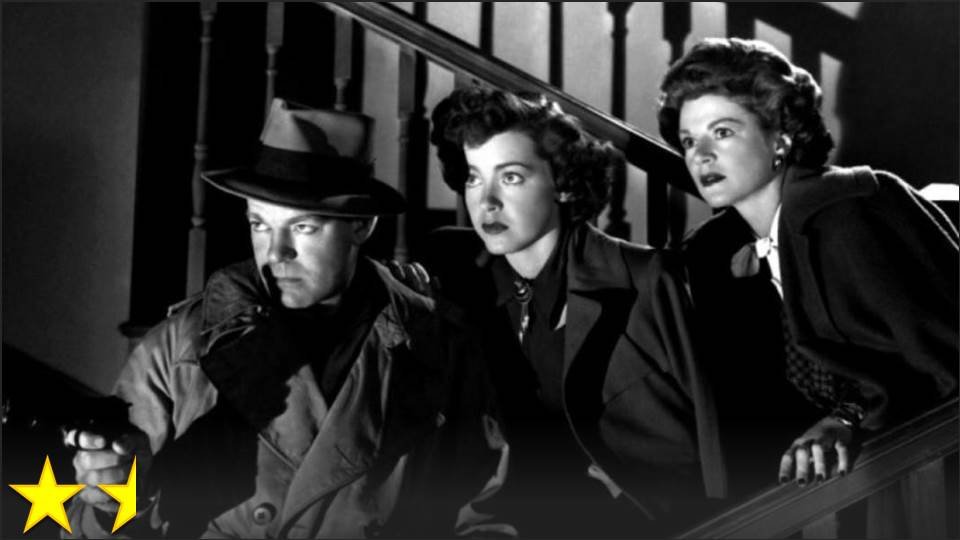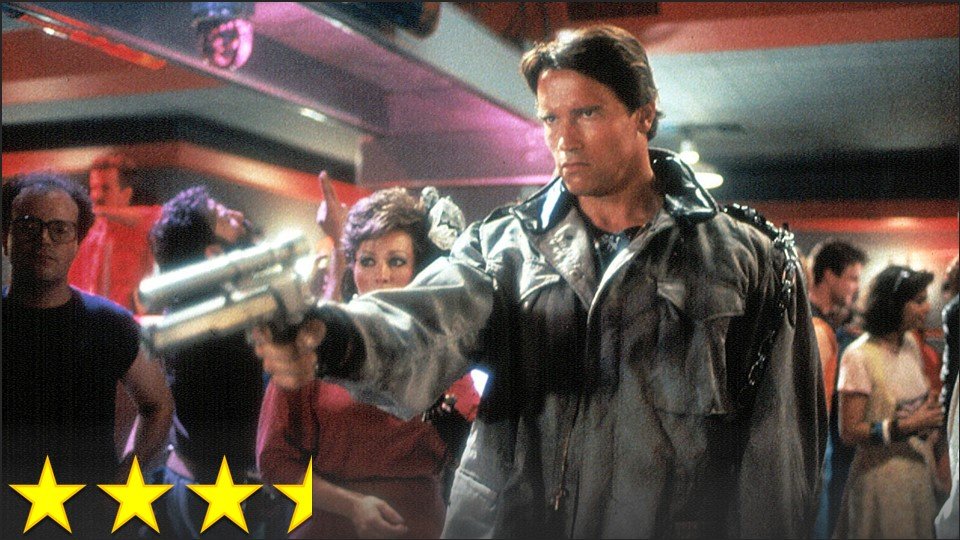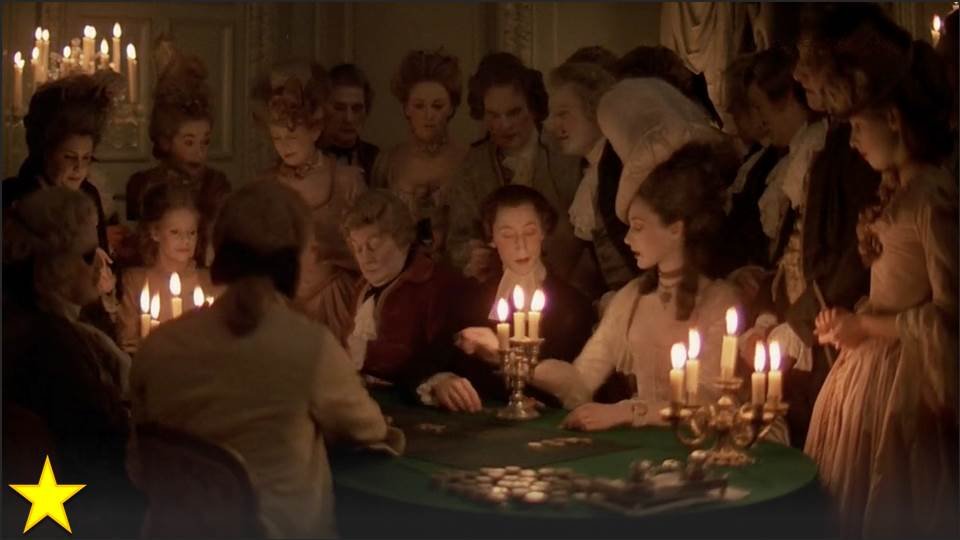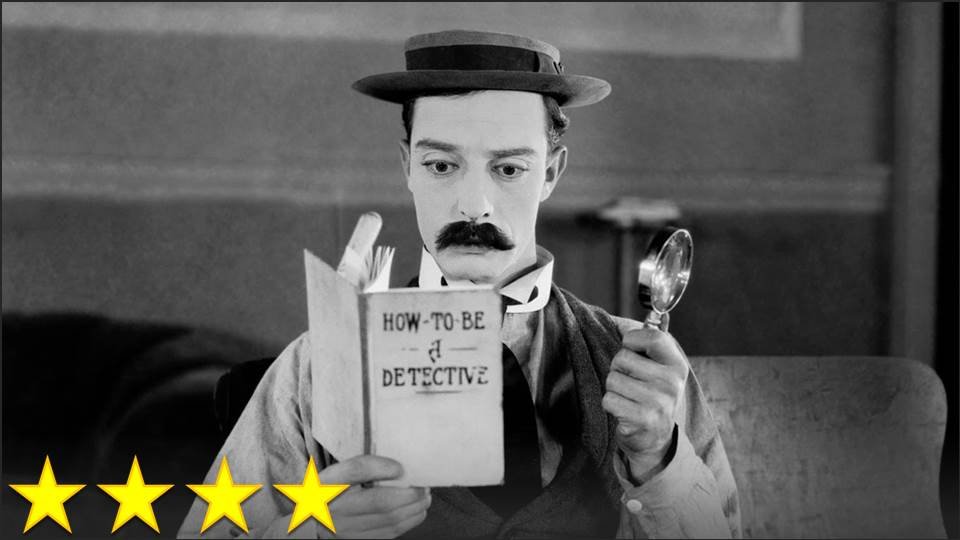When I was a wee lad in the humble state of Delaware, I was a big fan of a certain kind of film – a kind that usually took the form of made-for-TV film. Because I spent my whole childhood overwhelmed by the fact that I was forced to remain a child for years to come, and therefore would have no say in any decision-making and would never be able to get anyone to listen to me, I loved the films about kids who banded together to solve the problems adults couldn’t or wouldn’t, always in creative ways. I think the best example of this is Max Keeble’s Big Move, but others include Recess: School’s Out and Gunther and the Paper Brigade. It’s a cute genre that generally does not age well (in the sense that adults don’t like them as much as kids do), but it stays near and dear to my heart. College comedies that try to offer the same experience to adults rarely interest me as much because they generally lack the same spirit or charm. The one exception to this, of course, is Animal House, which both fills my heart with nostalgic warmth and fills my head with adult filth.
While the story is rather loose and the screenplay gives one the feeling that the film can be summed up as “stuff happening,” this is a solid piece of entertainment. It manages to present very pathetic, stupid, un-relatable characters and still make them likable. The performance from Belushi obviously steals the show, but Karen Allen brings the charm to the film, and Donald Sutherland blew my mind with how perfectly he was able to embody the epitome of nebbishness even though I’m used to thinking of him as an intimidating figure. This movie kept impressing me with the depths to which it was willing to go just to be stupid, as was clearly demonstrated when it first established its cliché “weirdly extreme villain with the weak, dorky sidekick” dynamic. The music is good too, as are most of the stylistic elements, and Landis proved himself once again to be a great cinematic craftsman. The very end of the film felt a little weak, as there was really no resolution, but it did seem appropriate. It may not be as pure as Some Like It Hot, but it still deserves its status as one of cinema’s finest comedies to date.
